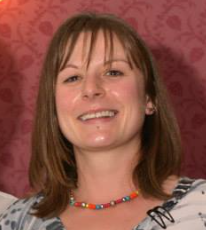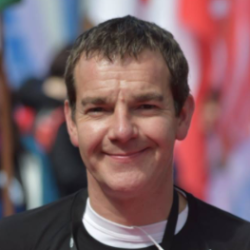About Us
Our Aims
The Vizsla Health Trust was Registered as a Charity in October 2020. Our aim is to explore initiatives that might improve breed health – and to promote and support these
Trustees
There are currently 3 Trustees

Di has had vizslas for almost 35 years – and currently the one boy – Ludo. Her interest in health matters started in 2005 when the breed’s predisposition to Immune Mediated Disease began to be recognised. Since then she has been a contributing author to peer reviewed articles in veterinary journals on the subject of Vizsla Inflammatory Polymyopathy, and its genetics. Di also co-ordinates the collection of DNA samples for the ongoing research that aims to develop a screening test to establish the risk factors for VIP
Di’s other veterinary collaborations have included early work on the prevalence and distribution in the breed of PLA (Glaucoma) and CRGV (Alabama Rot) She was also much involved in consultations with the Kennel Club on their 2021 revision of the evidence based Vizsla Breed Health and Conservation plan. It introduced new recommendations on the monitoring of the breed’s most serious and prevalent illnesses.

Noanie has had Vizslas for just five years, but has been a committed owner of a wide variety of rescues for the past 20+ years. She is a welfare officer and trustee with the Hungarian Vizsla Welfare Charity. As well as fostering Vizslas for the Charity and helping a steady stream of owners who are experiencing training and behavioural issues, she is very interested in the breed’s health problems and liaises with Di on the VIP genetic research . She currently has two Vizslas of her own, as well as two other adopted dogs, and her door is always open to any pup in need.

John has rescued a variety of dogs over the past 20 years and currently has 2 rescue vizslas Rufus and Vaz, who are often joined by foster dogs on their way to new homes. He has a strong scientific background (2 science degrees) and worked in research at the University of Glasgow for 12 years. He is extremely interested in how scientific endeavour can help can lead to a better understanding of Immune Mediated Disease
